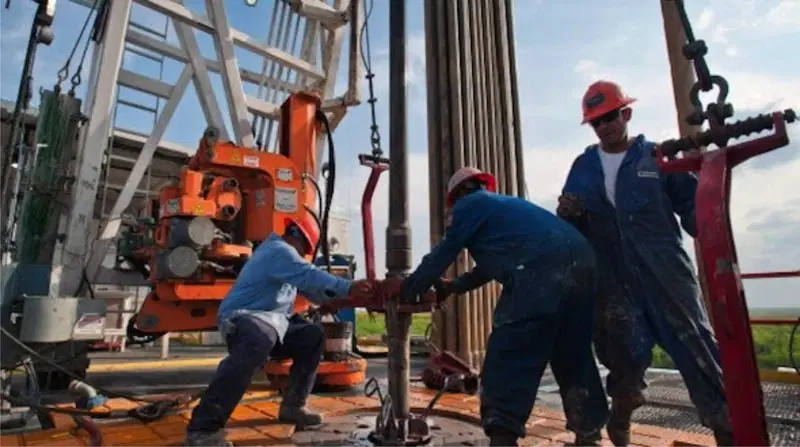Nigeria’s oil output has decreased by 27.4% over the past decade, primarily due to pipeline vandalism, oil theft, illegal refining, and insufficient investment. As of July 2024, the nation’s oil production stood at 1.4 million barrels per day (bpd), down from 1.9 million bpd in July 2014, according to data from the Organisation of Petroleum Exporting Countries (OPEC).
Oil companies operating in Nigeria, including Shell, have reported frequent incidents of pipeline sabotage and oil spills. In August 2024 alone, Shell recorded multiple oil spills in several locations across the Niger Delta, attributing most of these incidents to theft and sabotage.
The impact of these activities has been significant, not only reducing government revenue but also causing severe environmental damage. Professor Hilary Inyang, Chairman of the Global Institute for Sustainable Development, highlighted the long-term environmental costs, noting that billions of dollars are needed to clean up contaminated sites in the region.
In response to the growing threat, Shell and other operators have adopted anti-theft mechanisms, including the installation of protective measures for wellheads and the use of advanced monitoring technologies. However, the problem persists, leading to calls for stiffer penalties and the deployment of more sophisticated technology to combat oil theft.
Meanwhile, the Nigerian National Petroleum Company (NNPC) and security agencies have intensified efforts to crack down on illegal oil activities, recently uncovering 33 illegal crude oil connections and destroying 72 illegal refineries.
Experts, including Professor Wumi Iledare, are urging for stronger penalties against culprits and the use of modern technology to track and prevent oil theft, emphasizing the need for a unified national effort to protect Nigeria’s valuable oil resources.
